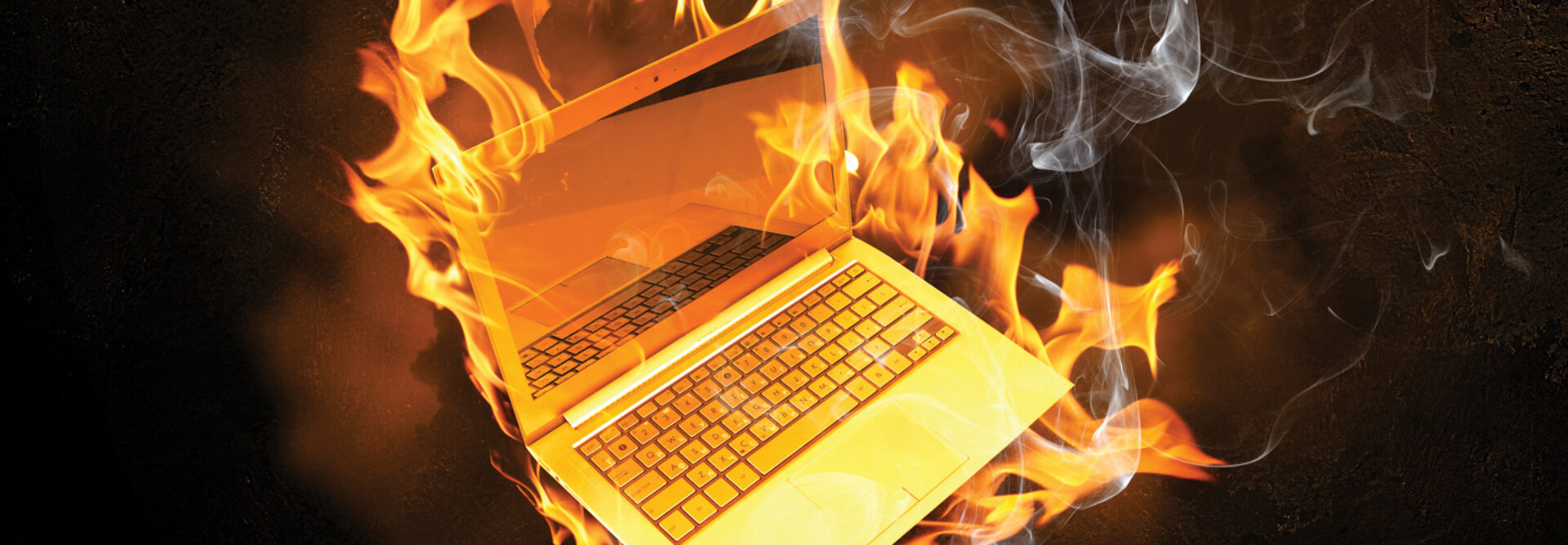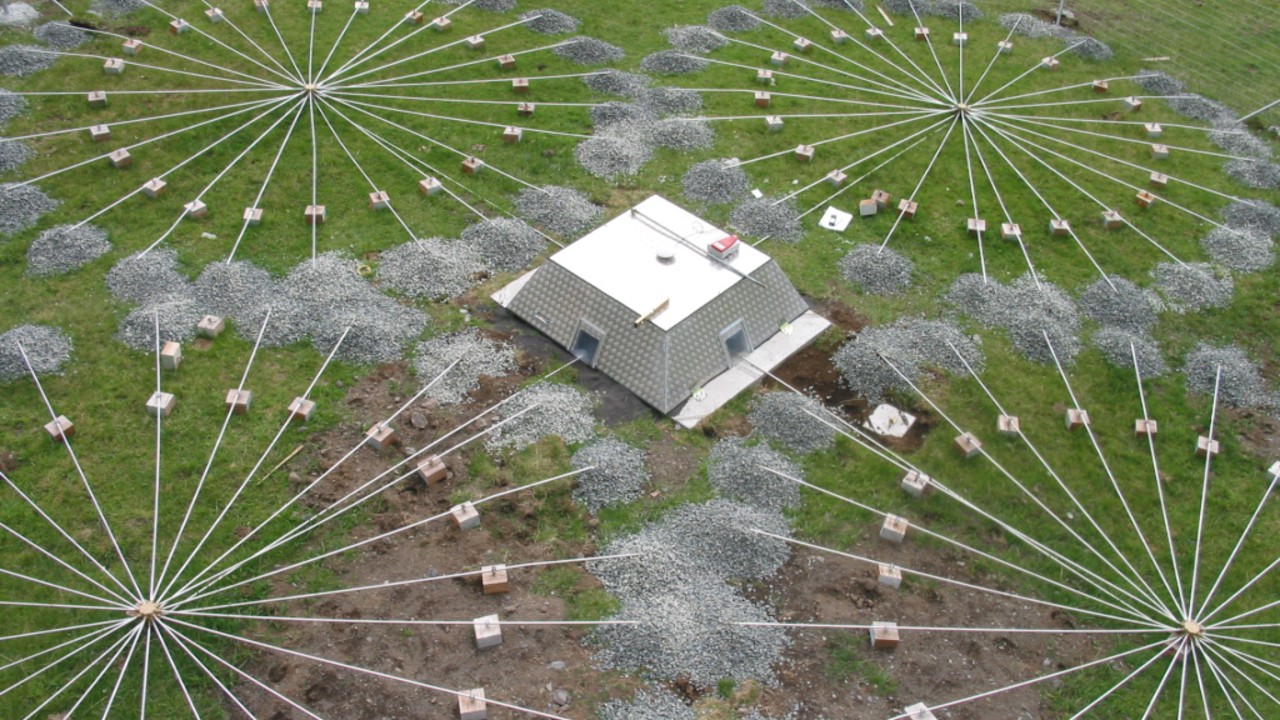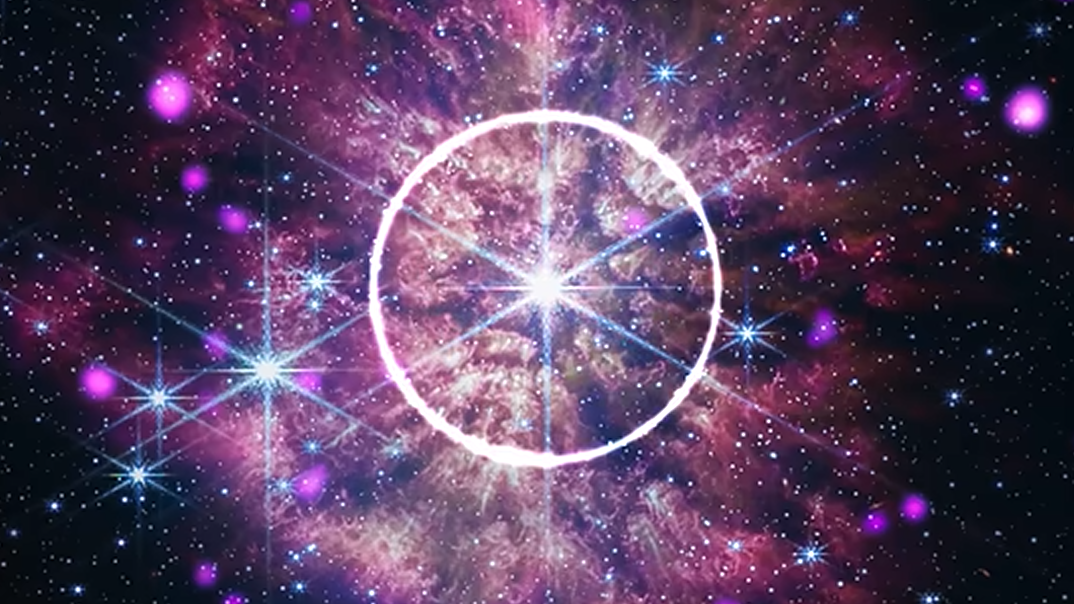Who Counts as Christian?
A new initiative will necessitate that the Trump administration makes difficult judgment calls about the faith.

During his campaign, Donald Trump told Christian supporters that if he became president, they would never have to vote again, because “we’ll have it fixed so good.” Now he’s trying to follow through on his promise by establishing a task force charged with “eradicating anti-Christian bias.” But Christians shouldn’t conclude that this new commission will necessarily defend their interests, let alone fix it “so good.” Eliminating anti-Christian bias will require the task force (and thereby the government) to rule on what exactly constitutes authentic Christian belief and practice—not a straightforward determination to make, nor one that should be entrusted to the Trump administration.
The executive order creating the task force cites a multitude of examples of what the Trump administration considers to be unacceptable discrimination against Christians, including Biden-era prosecutions of Christian anti-abortion protesters under the Freedom to Access Clinic Entrances Act, the promulgation of a (later retracted) FBI memo referring to radical traditionalist Christians as a potential domestic-terrorism threat, and the designation of Easter Sunday of 2024 as the year’s Transgender Day of Visibility.
Conservative Christians may generally agree with Trump’s characterization of those episodes. But determining the authentically Christian perspective on an issue is not always a simple task. Was the Westboro Baptist Church, a Christian group that spent decades picketing the funerals of LGBTQ people and members of the armed forces, justified in stomping on American flags and heckling crowds of mourners in the name of Christ? The Supreme Court ruled in favor of the group at one point and declined to even entertain its argument at another. Or consider the case of an Episcopalian church in Sacramento whose rainbow Pride flag was stolen and burned: Would this task force agree that the attack was an act of aggression against the congregation qua Christians? The church’s priest certainly thought so. To what authority would this task force appeal in order to prove otherwise? Tradition, scripture, the majority opinion of the faithful? Even the most learned Christians disagree on how to derive religious authority, and I doubt this task force will finally settle the debate.
[From the February 2025 issue: The army of God comes out of the shadows]
This is not a strictly academic point. As part of carrying out the task force’s mandate, Department of Veterans Affairs Secretary Douglas Collins sent a memo to staff asking them to report instances of anti-Christian discrimination—which included, among other things, “adverse responses to requests for religious exemption under the previous vaccine mandates.” In this case, the state seems to have decided that Christians have legitimate reason to request exemptions from vaccine mandates.
But I would contend that vaccines aren’t excluded by genuine Christian ethics, and that these Christian objectors are mistaken in their understanding of the faith. By permitting Christians to obtain vaccine-mandate exemptions, the state is not only misconstruing Christianity, but also causing a great deal of harm—a multistate measles outbreak, for instance, has caused three deaths this year and is still spreading. Vaccine mandates are crucial in preventing such occurrences, and Christians should be particularly willing to offer some small sacrifice for the good of others. That principle is at the heart of the faith.
Nor has this administration been friendly to legitimate Christian belief and practice that runs afoul of its politics. Earlier this year, Vice President J. D. Vance bickered with American bishops over major funding cuts to organizations that aid migrants and refugees, contending that their interest was in making money, not in practicing Christianity faithfully. Pope Francis indirectly chastised Vance in a letter written a few weeks before the pope’s death, but it doesn’t seem that Vance was moved to change his mind. One wonders what the vice president has to say about the recent arrest of Judge Hannah Dugan, who allegedly helped an undocumented man evade arrest by government agents and who also served as the executive director of a branch of Catholic Charities. Was this possibly an example of anti-Christian bias directed at a person practicing the kind of mercy counseled by the late pope?
[Luis Parrales: What the border-hawk Catholics get wrong]
But the task force is just one element of a broader project to recapture political and cultural ground that Christianity has lost over the past several decades. The litany of examples supplied as justification for the task force’s creation generally fit under the rubric of frustrating compromises with liberalism—in the classical sense, as related to the country’s founding: liberty, equality, and freedom of conscience—something Trump alluded to during a celebration of National Prayer Day in the Rose Garden. “They say separation between Church and state,” he remarked. “I said, ‘All right, let’s forget about that for one time,’” adding, “We’re bringing religion back to our country, and it’s a big deal.” Liberalism engenders religious tolerance in part by domesticating religion, and some number of Christians long for wilder and fiercer expressions of the faith than are generally on offer within a liberal framework.
There was a time when American Christianity and the liberal state were less frequently in conflict because Christianity was so overwhelmingly dominant in society. But the recent decline of Christianity has changed that. In 1980, more than 90 percent of Americans identified themselves as Christian; today, only 62 percent say they’re followers of Christ. And though recent research suggests that the long-term decrease in Christian affiliation may have halted, the story of the past half century of American Christianity must be read through the lens of these gradual losses and their consequences. The faith no longer has the near-total sociocultural hegemony over American life that it once enjoyed; largely gone are the days of routine prayers and Bible readings in public schools, the suspension of commerce on Sundays, and the broad assumption that whoever you happen to meet will almost certainly be Christian.
There are pains associated with Christianity’s gradual transformation from a monopolizing cultural force into just one offering on an extended religious menu—though still a preeminent offering, at least for now. It’s not surprising, therefore, that the Christians coalescing around Trump want to make American Christianity great again. If the task force’s mandate of mere fairness is essentially a pretext for persecuting perceived enemies of the faith, then its real purpose is to restore this past vision of American Christian dominance.
That’s not to say that the task force won’t also address instances of genuine bias toward Christians. Anti-Christian incidents are real: Attacks and vandalism on Catholic churches, for example, appear to be at an all-time high; hundreds of incidents were reported across the country in 2023, though authorities have at times been reluctant to concede that prejudice was a factor. These episodes are understandably aggravating to Christians, and many may therefore see this task force as a welcome intervention, and a matter of fairness in principle: If other groups are entitled to systematic efforts to root out prejudice toward them, the thinking goes, then why not Christians as well?
Perhaps that’s the irony of this new task force: Nobody appears to view Christianity as just another interest group as much as Donald Trump, who was overtly indifferent to religion until it became clear to him that Christians represented a bloc to pick up with typical political pandering—and pandering works. But Christians should as a rule be skeptical of versions of the faith that are informed overly much by partisan politics, which always have something other than Jesus at their core.











































































